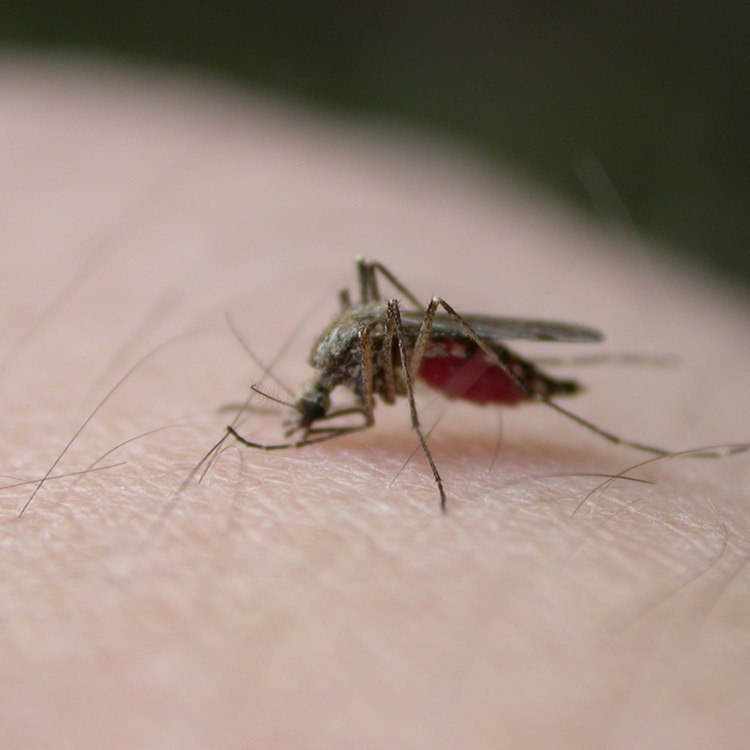Search
Research
Distinct Streptococcus pneumoniae cause invasive disease in Papua New GuineaStreptococcus pneumoniae is a key contributor to childhood morbidity and mortality in Papua New Guinea (PNG). For the first time, whole genome sequencing of 174 isolates has enabled detailed characterisation of diverse S. pneumoniae causing invasive disease in young children in PNG, 1989-2014.
Research
Understanding parent perspectives on engagement with online youth-focused mental health programsOnline youth-focused health programs often include parent modules—that equip parents with skills to assist their child in improving their health—alongside youth-specific content. BRAVE Self-Help, an evidence-based program designed for children and teenagers with early signs of anxiety, is a popular Australian program that includes six parent modules.
Research
Clinical evidence for synergy between immunotherapy and radiotherapy (SITAR)Previous preclinical and clinical trials have shown promising antitumour activity and toxicity profile when employing the ‘Synergy between Immunotherapy and Radiotherapy’ (SITAR) strategy. Approximately, one in seven radiation therapy studies currently recruiting is investigating SITAR.
Research
Systemic long-term metabolic effects of acute non-severe paediatric burn injuryA growing body of evidence supports the concept of a systemic response to non-severe thermal trauma. This provokes an immunosuppressed state that predisposes paediatric patients to poor recovery and increased risk of secondary morbidity.
Research
A novel skin cancer prevention strategy: Preservice teachers' perceptions of a sun safety intervention and experiences in schoolsTeachers play a vital role in developing children's sun protection routines however upskilling preservice teachers (PSTs) while at university has not yet been trialled as a targeted skin cancer prevention strategy. Hence, this study investigated PSTs perceptions and experiences of sun safety following a brief pilot intervention and placement in primary schools in Western Australia.
Research
Treatment Outcomes among Pregnant Patients with Multidrug-Resistant Tuberculosis: A Systematic Review and Meta-analysisThe management of multidrug-resistant tuberculosis (MDR-TB) during pregnancy is challenging, yet no systematic synthesis of evidence has accurately measured treatment outcomes.
Research
School bullying: moving beyond a single school response to a whole education approachBullying is an issue that continues to represent a significant challenge to the provision of pastoral care in schools. In more recent decades, it has evolved in its complexity to include forms of bullying often referred to as cyberbullying or online bullying.

News & Events
Zika threat leads to Australian-first microcephaly studyWA Researchers have conducted an Australian-first study to determine the prevalence of microcephaly, in preparation of any future outbreak of the Zika virus.
Research
FeBRILe3: Risk-Stratification and Diagnosis of Serious Bacterial Infections in Febrile Infants Less Than 3 Months OldEvidence-based recommendations exist for early discharge (before 48 h) of young infants with fever without source (FWS) at low risk of serious bacterial infections (SBIs). However, concerns regarding the applicability of international data to local contexts may hinder implementation. We aimed to describe the local epidemiology of FWS and evaluate a newly implemented risk-stratification guideline to support practice change.
Research
Early markers of adult symptoms of depression and anxiety in the Raine StudyEarly intervention offers the potential to mitigate adult mental illness; however, trials spanning decades present significant challenges, necessitating predictive early markers useable in trial settings. We hypothesised that parent evaluation using the child behaviour checklist (CBCL) total problem score at age two years predicted adult depressive and anxious symptoms and explored other potential parent ratings.
